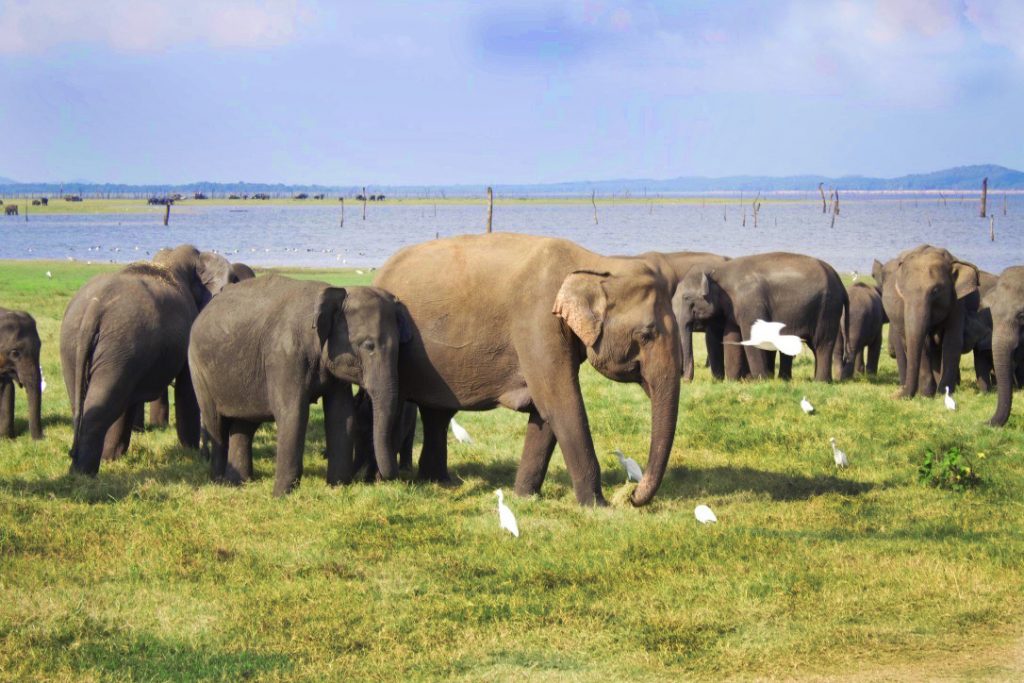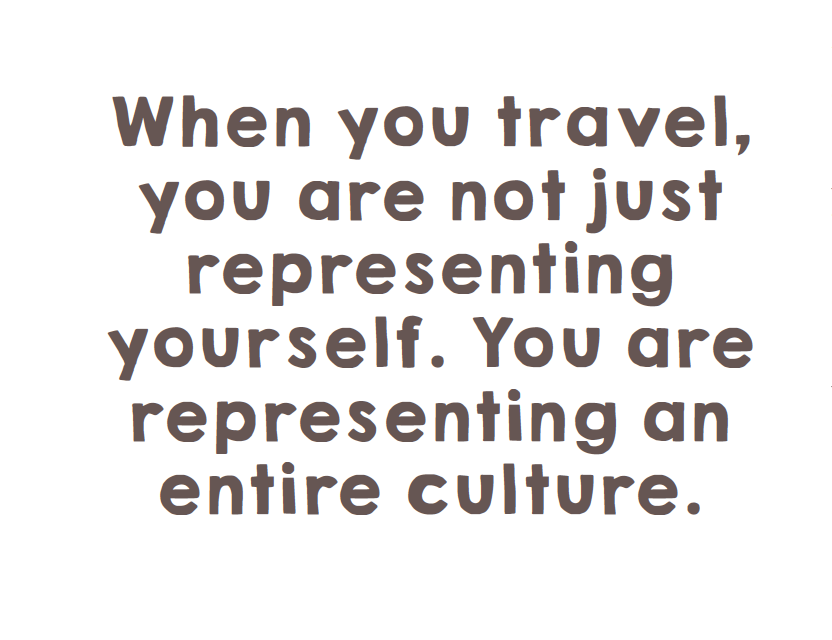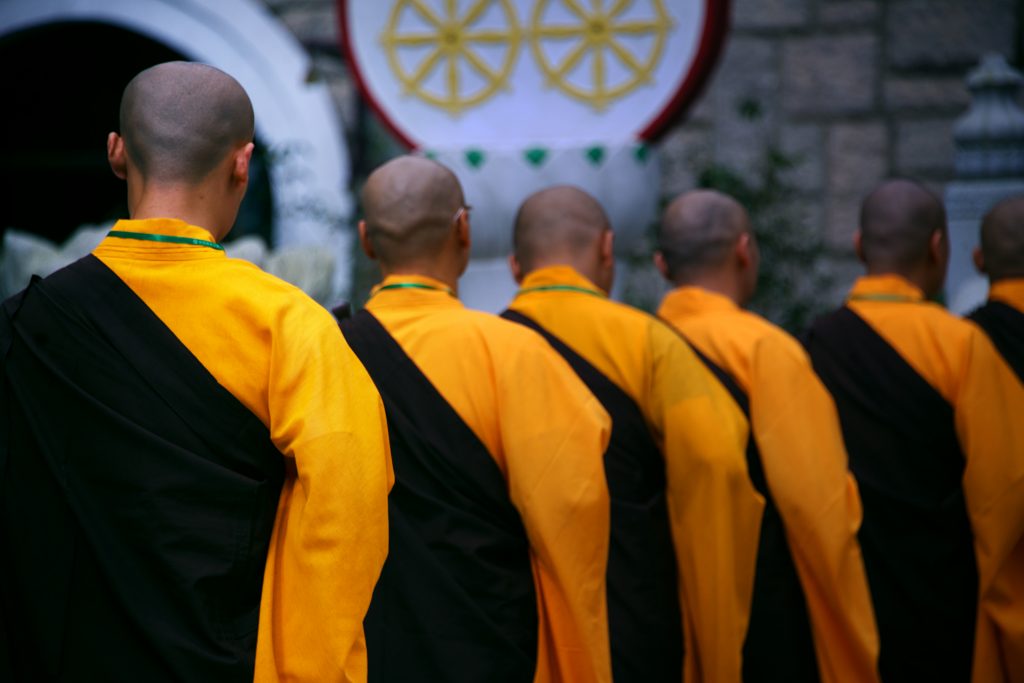If you pick up your phone and scroll through Instagram, you’ll probably see at least a dozen travel or destination photos. With a global tourism boom in recent years, these kinds of posts are becoming more and more prevalent. According to The World Tourism Organization (UNWTO), international tourist arrivals worldwide increased six percent in 2018 to 1.4 billion, two years ahead of the organization’s long-term forecast. According to the National Travel and Tourism Office, 80.2 million Americans traveled abroad in 2016, a seven percent increase from the previous year.
Written by Mackenzie Lachey
Phtographed by Katherine Diaz Villegas and Marian Hill
Increasingly, these travelers are choosing to go off the beaten path, seeking “exotic” or “authentic” experiences in lieu of hackneyed tourist locales. Helping fuel this phenomenon are global macro trends such as the overall shift to desiring experiences over owning possessions coupled with a growing concentration on wellness and well-being.
As tourists increasingly seek unique experiences away from well-known and well-trodden sites, they face a growing cultural divide among local communities whose customs and norms are unfamiliar to Western cultures. While it’s natural to be unfamiliar with another culture’s norms, ignorance and misunderstanding often lead to disrespect and inappropriate behavior, sometimes unknown or unrecognized by the tourist. It’s far too easy to think that because you are not trying to be disrespectful, you are coming across as respectful in the eyes of another culture. Actions override intentions, especially when language barriers exist. When you travel, you are not just representing yourself. You are representing an entire culture. You become an ambassador for your nation, for better or for worse.

Thailand, home to many sacred sites, is one of the top travel destinations globally and attracted around 32 million tourists in 2016. Nimaanee Narang, a luxury and fashion management graduate student from Thailand, has experience with tourists visiting her country. “When it comes to sacred sites,” she said, “Thailand is very strict with attire. For example, at temples everyone has to be respectful and wear sleeves and long pants. If any tourist is dressed inappropriately, they buy a sarong-type skirt and a top to hide their clothes.” Overall, she feels “tourists are generally very mindful,” she said.
If you know you are going to visit a holy or spiritual site, make sure you’ve done your research. Don’t expect it’s that culture’s responsibility to provide you with the materials or information you need upon arrival. Have the respect to come prepared and be open to learning more once there.

But it still leaves the question — why are tourists showing up in inappropriate clothes in the first place? The idea that a country has to provide a place to buy appropriate coverings at a sacred site is, quite frankly, a little horrifying. Are these historically and spiritually significant sites becoming real-life EPCOTs where tourists can buy souvenirs at a pseudo gift shop and live out a quasi-theatrical performance of a culture without ever understanding its true significance? It points to a greater trend that travelers are treating the world like a grand-scale amusement park, expecting to to show up completely unaware, get their Instagram pic and leave.
No matter whether or not you agree with the customs, you are a visitor and should abide by their traditions and expectations. You wouldn’t walk into a friend’s home and refuse to take off your shoes after being asked, stating that you don’t take off your shoes in your own house. You wouldn’t want someone coming into a place with important significance to you and treating it like it was a spectacle. Showing respect can be as simple as the age-old teaching of treat others how you would want to be treated.

Travel can be an educational and enlightening process — if you let it be. Get out of your Instagram bubble and truly experience the place you are visiting. . Make sure you are seeing the world around you outside of that perfect, four-cornered Instagram shot. You should still take pictures — when appropriate. Photographs are a great way to relive your experiences and share memories with others. Immerse yourself in the culture and surroundings. You might find that no matter how different your culture is, you are more alike than you are different.
































